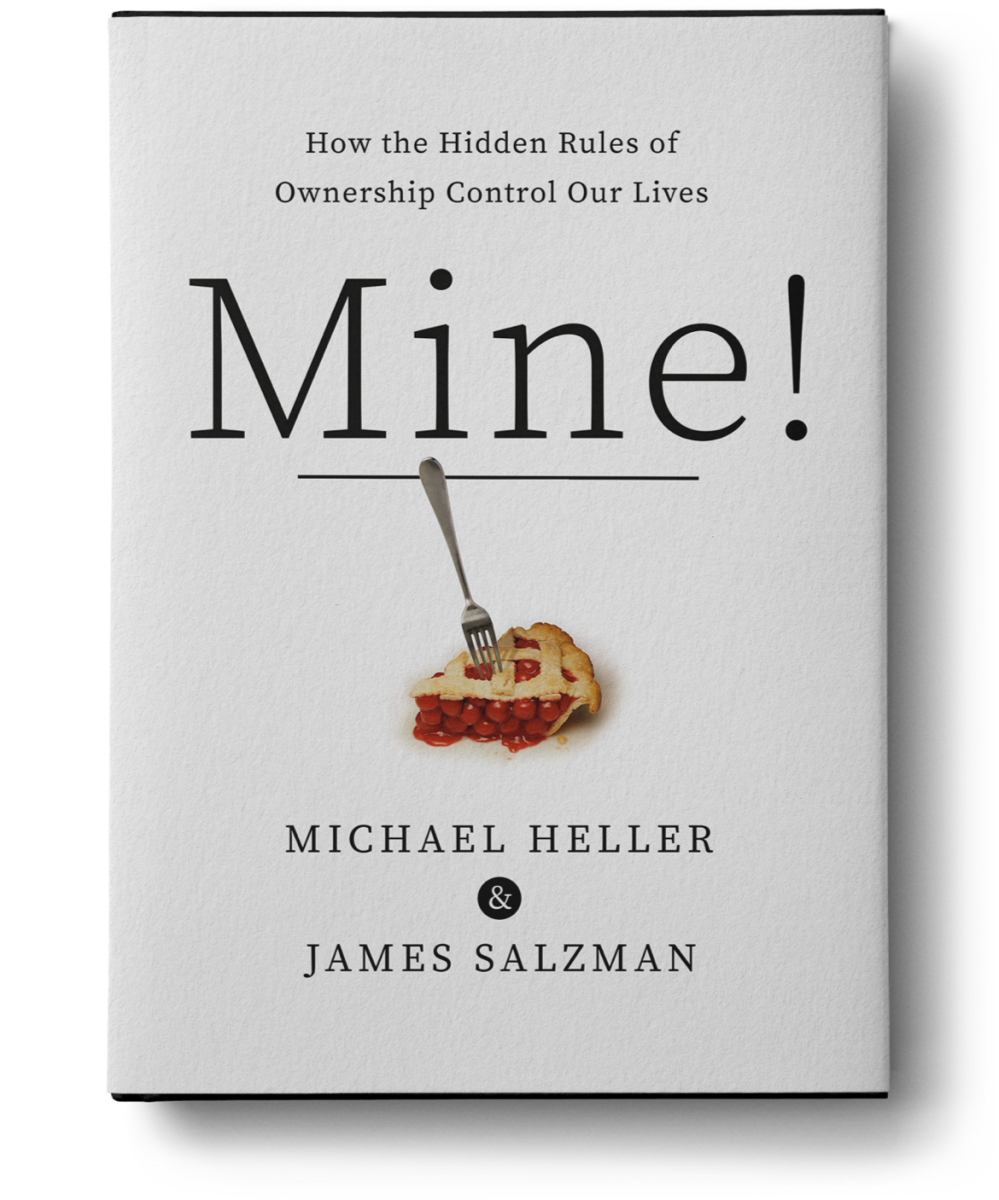During pandemic times, when sitting too close can be a life-or-death concern, it matters more than ever that we understand how ownership really works.
In public parks today, picnickers zealously guard chalk circles marked on the grass, their “little round human parking spots.” The same is true at outdoor restaurant tables, with customers shooing people away from their space. But we are not the real owners of the spaces we’re defending. They belong to governments and businesses that are using their ownership like a remote control, steering us gently, invisibly, and powerfully to do what they want.
Deborah Birx, the White House coronavirus task force advisor in 2020, instructed Americans to take an aggressive stance toward saved spots in parks and on the beach. “Remember that that is your space, and that’s a space that you need to protect.” We didn’t pay for the spots, though. So, what gives us the right to defend them?
The answer is possession. When we back away from a chalk circle in the park, we are respecting our most primitive, hard-wired understanding of ownership, one rooted deep in animal behavior. Our brains even have specialized cells, “bubble-wrap neurons,” that trigger anxiety if someone invades our space. Think for a moment about the last time someone took “your” saved spot, maybe in an exercise class or at church. How did you feel?
Often mere possession is not the law, it’s more powerful than law. Recall your last time on an airplane. Without thinking, you engaged in a series of intense possession battles – for armrests, overhead space, leg room, every inch of space. Maybe you took these contests personally, getting mad at your neighboring passengers.
Your anger was misdirected. Airlines are savvy masters of ownership design, and they deliberately set unwitting passengers against each other. They profit by adjusting the language of possession. And no one knows to protest.
Businesses and governments count on you believing that these signals are something natural and beyond contest. They are not. Like any language, possession is in constant flux. It is a choice and, more often than you realize, someone else is choosing rules for their benefit, not yours.

